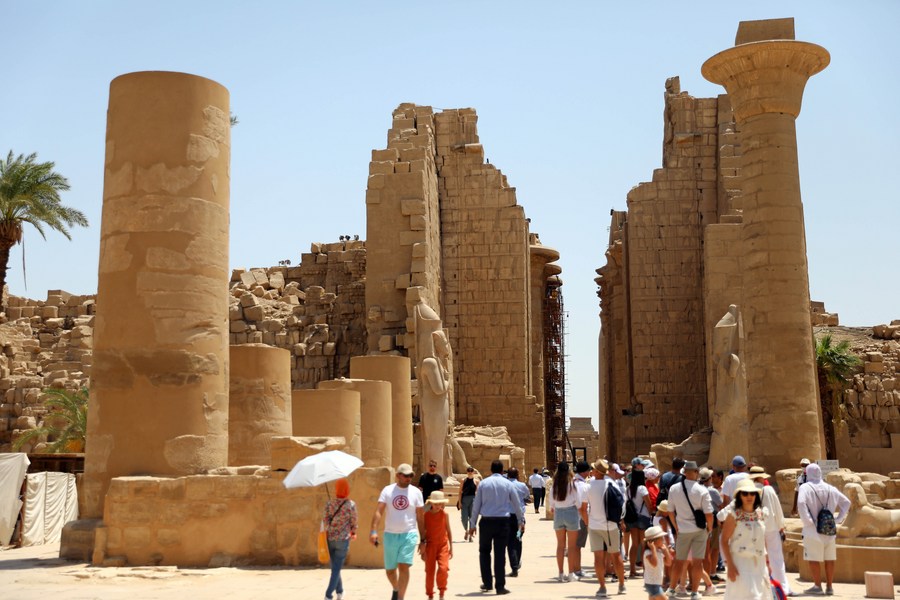
Egypt through the Eyes of the World from Dreaming & Booking to Experiencing & Sharing!
Tourism presents a promising avenue for propelling Egypt's economic growth and enhancing its foreign exchange reserves, given that it generated a substantial revenue of USD 13 billion in 2021.
However, while the sector is gradually recuperating from the adverse impact of COVID-19, Egypt is lagging behind other neighboring destinations that are reaping substantial gains from tourism. For instance, Turkey's tourism earnings stood at USD 25 billion in 2021, which although lower than the 2019 figure of USD 34.5 billion, still surpasses Egypt's earnings. Egypt is currently at a critical juncture, where an effective strategy to attract international tourists could significantly influence the country's trajectory in the upcoming years and facilitate the recovery of the sector from the disruptions of past years. This is evident in the government's recent ambitious goals for the tourism industry, which entail tripling the annual tourism revenues to approximately $30 billion in the next three years, and welcoming 30 million visitors by 2028.
